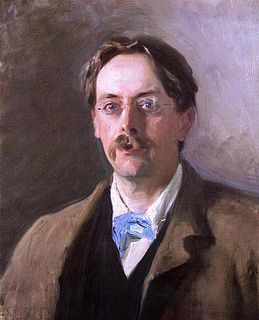A Quote by Cornelia Funke
Let's be off before he gets his great horsey teeth into my poor lines of verse!
Related Quotes
For a while he'd tried molding himself into the tragic Romantic hero, brooding and staring clench-jawed off into space as he composed dark verse in his head. But it turned out that trying to appear tragic in Incontinence, Indiana, was redundant, and his mother kept shouting at him and making him forget his rhymes. "Tommy, if you keep grinding your teeth like that, they'll wear away and you'll have to have dentures like Aunt Ester." Tommy only wished his beard was as heavy as Aunt Ester's---then he could stare out over the moors while he stroked it pensively.
The immediate success of the war poem anthologies ... proved that the war had aroused in a new public an ear for contemporary verse ... There has never before, in the world's history, been an epoch which has tolerated and even welcomed such a flood of verse as has been poured forth over Great Britain during the last three years.
The poet is born with the capacity of arranging words in such a way that something of the quality of the graces and inspirations he has received can make itself felt to other human beings in the white spaces, so to speak, between the lines of his verse. This is a great and precious gift; but if the poet remains content with his gift, if he persists in worshipping the beauty in art and nature without going on to make himself capable, through selflessness, of apprehending Beauty as it is in the divine Ground, then he is only an idolater.
Can you just saw his arm off while we're here and get me loose? (Amanda) I could do that, but he needs his more. I'd cut yours off before I did his. (Tate) Oh, great, what are you, his Igor? (Amanda) Wrong movie, Igor was Frankenstein's flunky. Renfield is the one you're thinking of, and no, I'm not Renfield. Name's Tate Bennett. Parish coroner. (Tate)
I remember Bumpy Knuckles came in wearing all mink everything and said, 'Yo, when I spit my verse, I gotta pull my guns out and aim them.' He was serious! I told him that I was going to duck in the event that those guns accidentally went off. He pulled out the twin glocks, spit his verse in one take and said, 'I've got a meeting to go to' and left!
Man offers himself to God. He stands before Him like the canvas before the painter or the marble before the sculptor. At the same time he asks for His grace, expresses his needs and those of his brothers in suffering. Such a type of prayer demands complete renovation. The modest, the ignorant, and the poor are more capable of this self-denial than the rich and the intellectual.



































